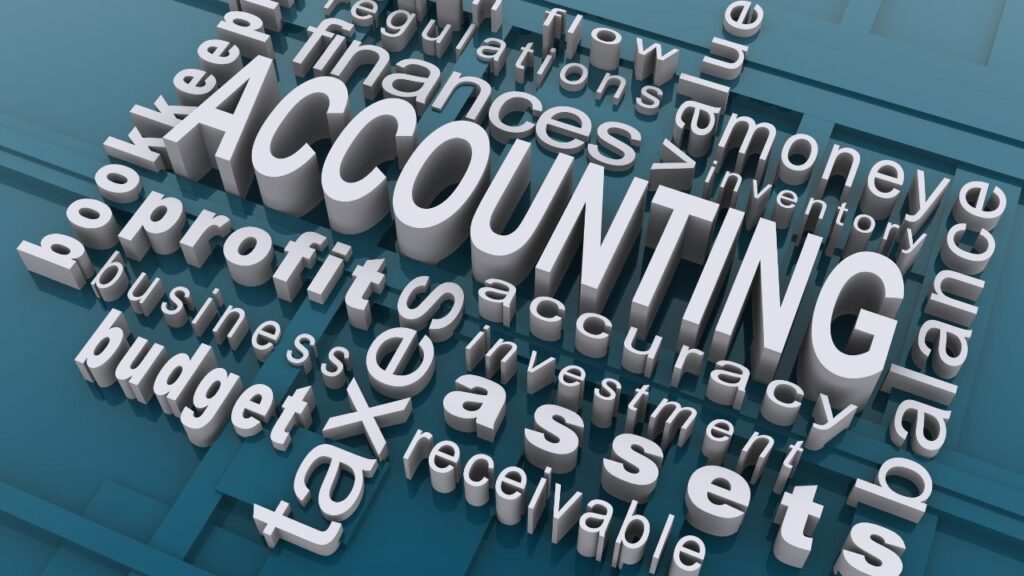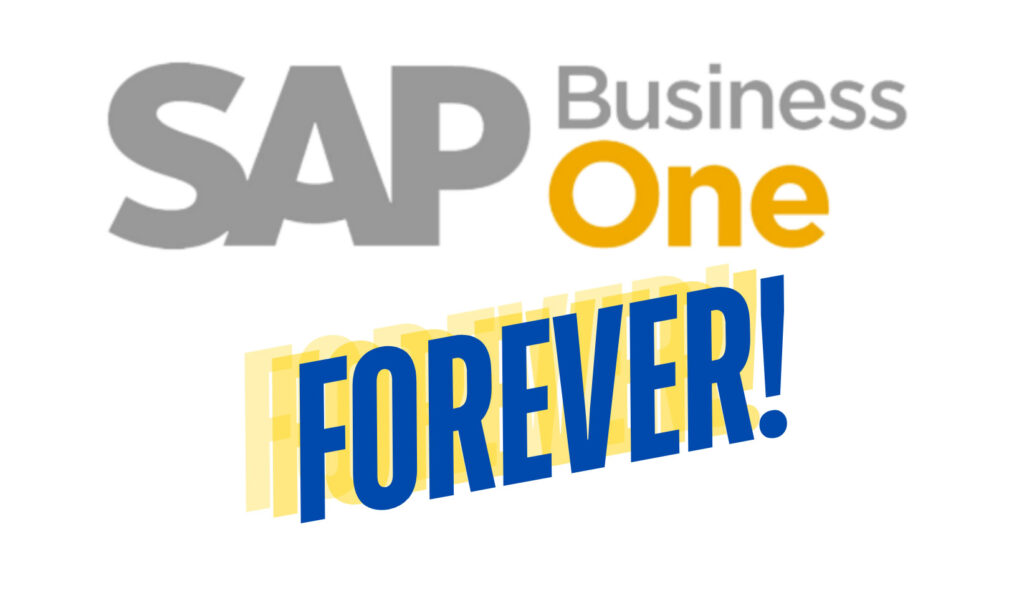What is an ERP System in Accounting?
What is an ERP System in Accounting?
Modern businesses rely heavily on technology to streamline operations. Accounting is no exception. An ERP system in accounting simplifies complex tasks and improves accuracy. But what does ERP stand for? ERP, or Enterprise Resource Planning, integrates various business processes into a single system. For accounting, this means managing finances efficiently and effectively. SAP software, particularly SAP Business One, is a prime example of how an ERP solution can revolutionize accounting. Let’s explore what an ERP system does and how it can benefit businesses, especially in managing their financial operations.
Understanding ERP Systems in Accounting

ERP systems are more than just software. They are powerful tools that centralize data and automate processes. In accounting, an ERP solution consolidates financial information into one system. This eliminates the need for separate tools to manage invoices, payroll, and budgets. The key advantage? Real-time access to financial data. Businesses no longer have to wait for manual reconciliations. With an ERP solution, accounting becomes faster, more accurate, and more transparent.
Key Features of ERP Systems in Accounting
ERP systems offer various features tailored for accounting. These include:
- General Ledger Management: Track income and expenses efficiently.
- Accounts Payable and Receivable: Streamline payments and collections.
- Budgeting and Forecasting: Plan finances based on accurate, real-time data.
- Compliance Tools: Ensure adherence to financial regulations.
SAP Business One, for instance, provides all these functionalities and more. Its intuitive design makes it easy for businesses of all sizes to manage their accounts effectively.
Why Choose an ERP Solution Like SAP Business One?

SAP Business One stands out for its simplicity and power. Designed for small and medium-sized businesses, it integrates accounting with other essential functions. These include inventory, sales, and purchasing. By using SAP software, businesses can reduce errors and improve decision-making. Financial reports are generated in seconds. Audits become easier. And with built-in compliance tools, companies can meet regulatory requirements effortlessly.
What Does ERP Stand For in the Context of Accounting?
In accounting, ERP stands for more than Enterprise Resource Planning. It signifies efficiency, reliability, and performance. An ERP solution eliminates redundant tasks. It reduces the need for manual input. It also minimizes the risk of human error. Think about monthly closings. Without ERP, this can be a tedious process. With SAP Business One, it’s streamlined. All data is already synchronized. Reports are accurate. And tasks are completed on time.
The Future of Accounting with ERP

As businesses grow, their accounting needs become more complex. Manual processes can’t keep up. That’s where ERP systems come in. They offer scalability. As companies expand, their ERP solution grows with them. SAP Business One is particularly future-focused. Its advanced features include integration with AI and machine learning. These tools help predict trends and automate repetitive tasks. For businesses looking to stay competitive, adopting ERP software is no longer optional—it’s essential.
Final Thoughts
An ERP system in accounting is a game-changer. It simplifies processes, enhances accuracy, and supports compliance. With tools like SAP Business One, businesses can manage their finances confidently. In today’s fast-paced world, efficiency is key. An ERP solution not only saves time but also provides the insights needed for smarter decisions. If your business hasn’t explored the power of ERP yet, now is the time to start. With SAP software leading the way, the future of accounting looks brighter than ever.

